Allergy to sulfa medicine isn’t common but can be severe. Once someone says they are allergic the whole class of medicines is forever avoided, due to the possibility of a serious type of reaction called Stevens Johnson response.
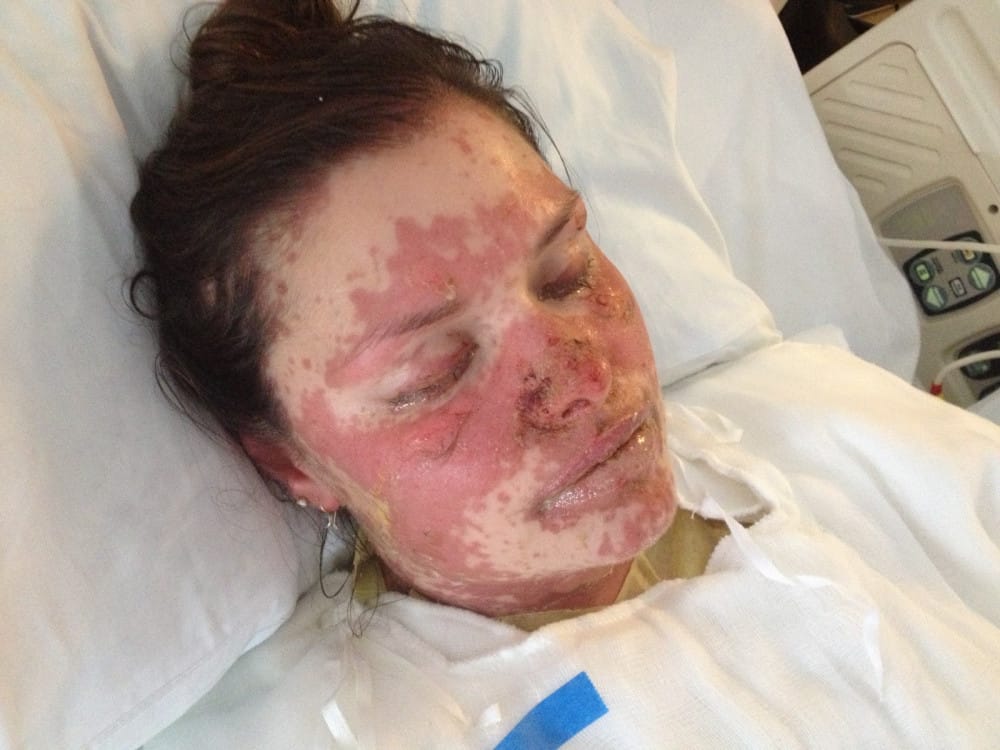
This can limit treatment options unnecessarily.
What is a True Sulfa Allergy?
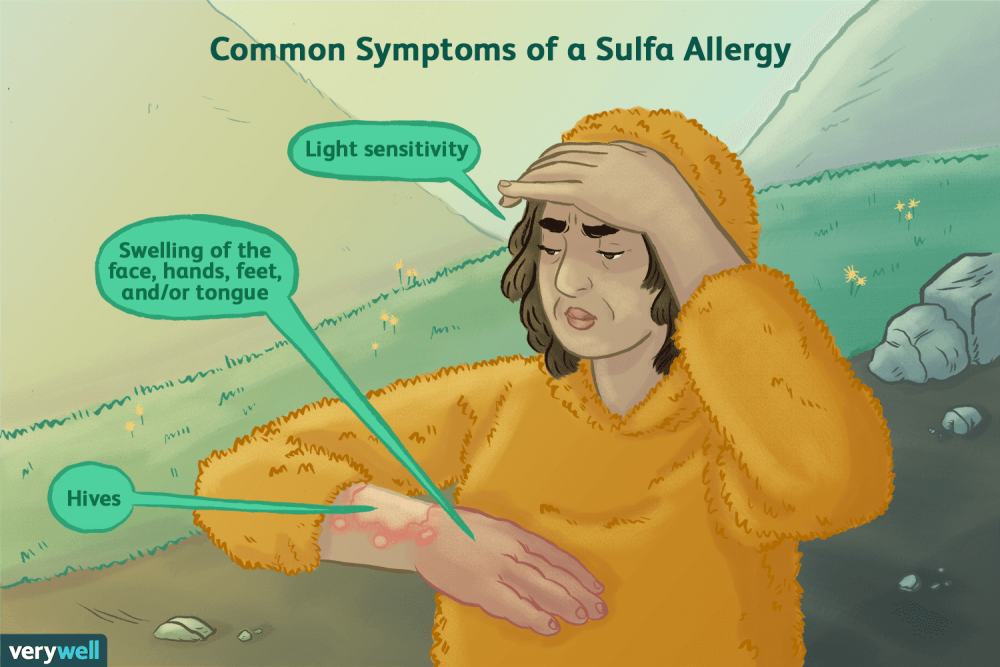
Sulfa drug allergy means the person’s immune system has over-reacted to sulfonamides, a class of drugs. Reactions can be mild or severe. Some reactions can be confused with the illness for which the drug or antibiotic has been prescribed. Such reactions, for example, nausea or fatigue are side effects not allergies, to the medication.
Typical sulfa allergy symptoms might be the following:
- Skin rash – mild or severe

- Photosensitivity – a reaction with sunlight while on medication
- Achy joints and muscles
- Swollen lymph nodes
- Swollen tongue and face

- Difficulty breathing
Which Products Contain Sulfa?
Typically, an allergy to sulfa means an over reactive response to that class of antibiotics including Septra, Bactrim, and Pediazole or their generic forms (Trimethoprin-sulfamethoxazole, Erythromycin-sulfisoxazole) There are also non-antibiotic drugs that contain sulfa. The list below describes other possible related sulfa substances.
- Sulfa is also in some topical medications and products such as shampoos, eye drops, vaginal creams, and burn treatments (silver sulfadiazine.)
- Diuretics and sulfonylureas also contain sulfa. Water pills such as HCTZ and lasix are related to sulfa and even though they may not cause the same allergic reaction, the sulfa allergic person usually avoids them.

- Diabetics who take chloropropamide glyburide and glipizide are taking pills structurally similar to sulfonamides but they don’t always cause the same reaction.
- Celebrex, an anti-inflammatory, is contra-indicated for sulfa allergy prone people.
- Imitrex, a migraine medicine may, or may not, be contra-indicated for the allergy prone.
- Zonisamide for seizure has similar precautions.
- Dapsone for skin treatment as well as for some types of pneumonia has cautions.
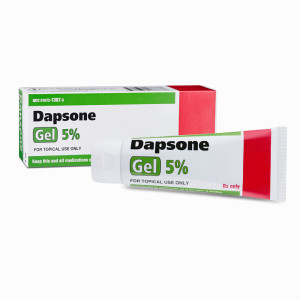
- Azulfidene (sulfasalazine) for Crohn’s disease, Colitis, and Rheumatoid arthritis might not be recommended for those with sulfa allergies.
Stevens Johnson Reaction and Sulfa Drugs
Although rare, this can be a life threatening reaction to sulfa drugs. It may begin shortly after drug ingestion or days later. The symptoms become progressively worse and are listed in no particular order of occurrence.
- A deep red spreading skin rash
- Shedding of skin
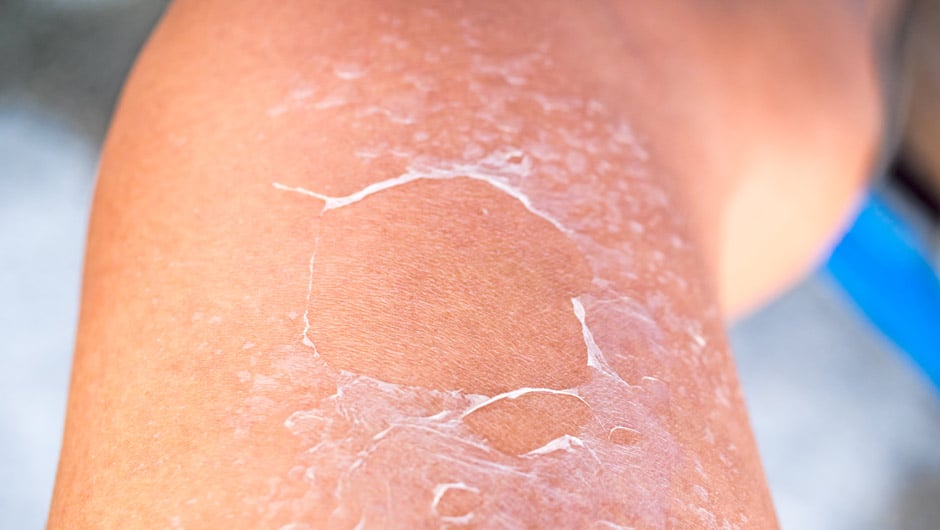
- Mouth and nose blisters
- Swelling of the face and tongue
- Fever
- Sore throat

- Eye pain
- Cough
This syndrome can occur for other reasons than sulfa drug allergy and is always treated as emergency.
Sulfur, Sulfites, and Sulfate, Allergy are not Sulfa Allergies

The words may sound alike but this doesn’t mean they are the same nor that there are cross-reactivities to allergens. Below is a brief description of distinctions.
- Sulfur is a chemical compound found in drugs and cosmeceuticals and preservatives. It is not the same as sulfa drug allergy.
- Sulfites are preservatives. Some people experience respiratory problems when eating food with sulfites, bisulfites, or metabisulfites. Some wine headaches are from sulfites in red wines. Check labels if allergic.
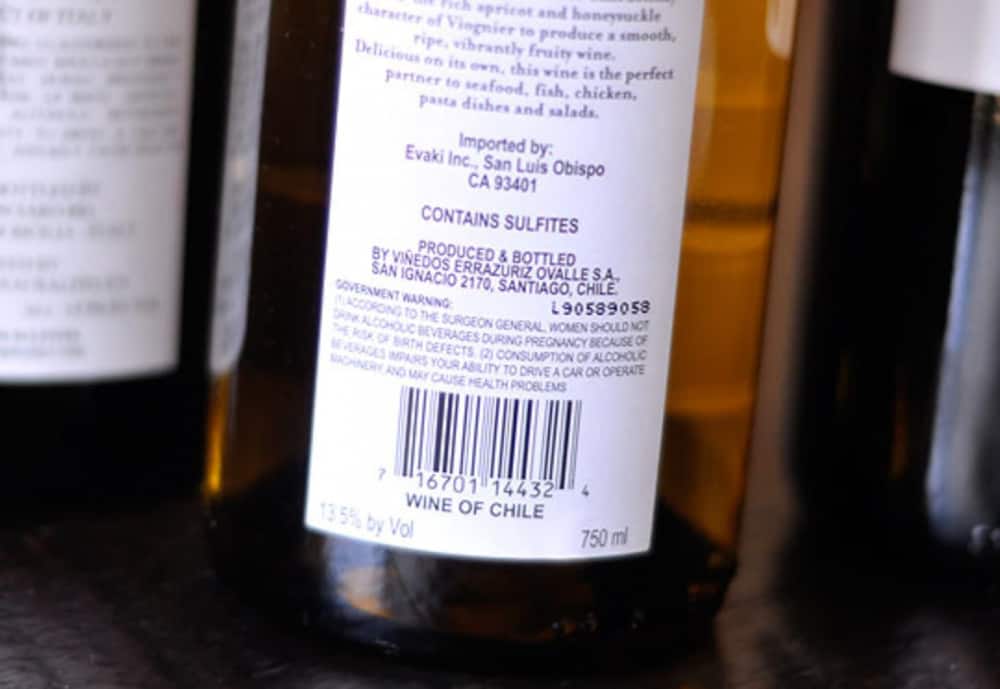
- Sulfates are salts. Used in some drug compounds. This is not the same as sulfa drug allergy although one can be allergic to sulfates.
Precautions to Prevent Drug Reactions
Always share a complete medical history whenever seeing any prescriber. “Natural”, over-the-counter, and prescription drugs can all interact, sometimes seriously.

Increasing use of electronic medical records by medical professionals helps immediately see the cross reaction to drugs and prevents conflicting prescription orders.


















